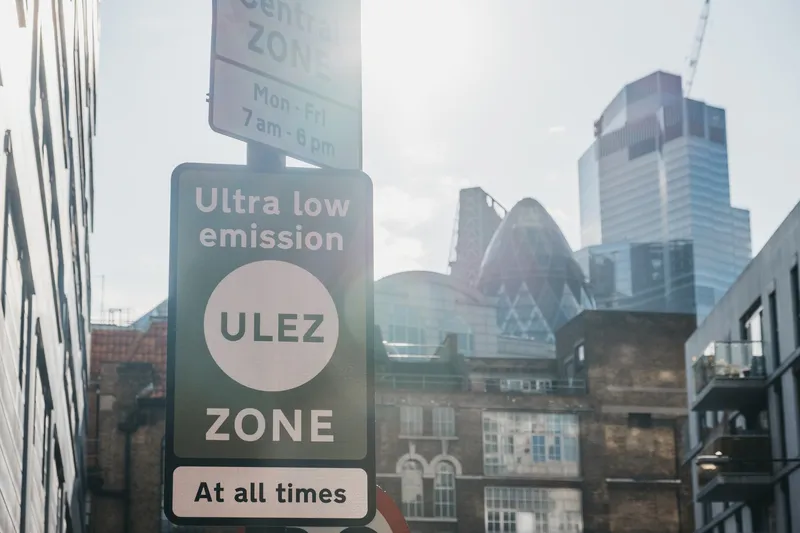A new report by the LowCVP for Greener Journeys describes The Journey of the Green Bus; how innovation and supportive policy over the last decade and more has transformed the bus sector from being a part of the problem to being an important part of the solution to poor urban air quality as well as contributing to tackling climate change.
From its inception in 2002 the LowCVP had a clearly defined objective to help bring low carbon buses to the UK market. Building on many years of work by LowCVP members (in particular Millbrook and TfL) the LowCVP developed the criteria for the Low Carbon Emission Bus (LCEB) for the Department for Transport (DfT) which provided the basis for US$130 million of support under the four rounds of the Government’s Green Bus Fund. There are now around 3,500 buses on the road which meet the LCEB criteria. More than one in four buses sold in 2015 was a LCEB and over half of all 2015 bus registrations met the Euro VI standard.
Following further policy development, the LowCVP supported OLEV and DfT in producing the new low emission bus (LEB) criteria, providing the basis for the recent low emission bus grant; a £30 million fund to be run over three years (2016–2019) designed to stimulate the purchase of Low Emission Buses.
A low emission bus is defined as a vehicle which can achieve a reduction of more than 15% well-to-wheel greenhouse gas emissions compared with a Euro V diesel bus, as well as the Euro VI HD engine standard for pollutant emissions.
A wide range of technical solutions have been adopted and, validated through real world emissions tests, are now delivering clear and demonstrable air quality and carbon benefits. The technologies adopted include the full spectrum of hybrid solutions (plug-in hybrids, diesel-electric hybrids, flywheel hybrids and micro-hybrids); battery electric buses; and a range of fuel solutions including buses powered by hydrogen fuel cells and biomethane.
Air quality regulations have been set in Europe for various air pollutants to protect human health. Whilst much has been achieved to date, the latest research by the Department for Environment, Food and Rural Affairs (Defra) shows that at least five regions in the UK are still facing an immense challenge in meeting European air quality standards for nitrogen dioxide (NO2). According to LowCVP, the low emission buses beat every standard needed to operate in clean air zones including the London ULEZ.
Speaking on the launch of the report at the UK Bus Summit 2016 - held at London’s QEII Centre in Westminster – the LowCVP managing director, Andy Eastlake said: “While an increasingly wide range of transport options now exist, there’s no doubt that an effective bus operation can deliver one of the best solutions to the mobility challenges of air quality, climate change, congestion, convenience and, of course, cost.
“The Journey of the Green Bus chronicles how the last 20 years have transformed the emissions, efficiency and experience of buses. It will, hopefully, help to dispel some of the outdated perceptions of this essential travel option.”
New LowCVP report: The Journey of the Green Bus
A new report by the LowCVP for Greener Journeys describes The Journey of the Green Bus; how innovation and supportive policy over the last decade and more has transformed the bus sector from being a part of the problem to being an important part of the solution to poor urban air quality as well as contributing to tackling climate change.
February 12, 2016
Read time: 3 mins







